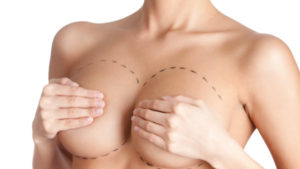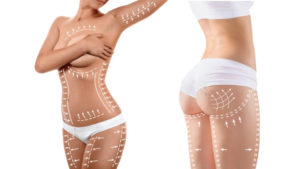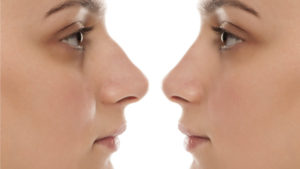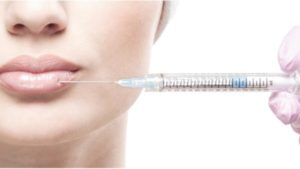
Acne and Scar Revision
About the Procedure
Excision: Sometimes when the original injury wasn’t sutured or developed an infection, a direct excision of the area with very careful closure is the first choice.
Z-plasty: A Z-shaped incision which can relax tension and alter the direction of an old scar.
W-plasty: A method of excising an old scar, which creates multiple angles and avoids a “string” effect in the new scar.
Dermabrasion: A sanding method which can level the surface of the skin for a smoother surface.
Laserbrasion: A powerful method of leveling the surface of the skin and simultaneously restructuring the collagen in the deeper layers of skin.
Chemical Peel: A technique using either powerful bases or acids to resurface the skin. Especially useful when there is a serious coloration problem. One of the best techniques when dealing with darker skin types.
Fat injection: Depressed areas can sometimes be elevated by freeing the deep attachments of the scars and filling the resultant space with fat Lipostructure).
Results
Acne and Scar Revision FAQs
I just finished a course of Accutane, and I was told that I need to wait a while before doing any of these procedures. Is that true?
NOTE: Accutane has more profound side-effects than simple antibiotics, and should not be used symptomatically. It should be part of a comprehensive overall treatment plan. Once accutane therapy starts, careful blood tests need to be performed and the appropriate prescribed period of time should elapse before discontinuing use. It is entirely inappropriate to use accutane for a day or two because of an acne flair. It is extremely dangerous in terms of future scarring and severe complications.
G.U. (age 29)
You...Only Better
Contact us today for your free, no-obligation consultation.




